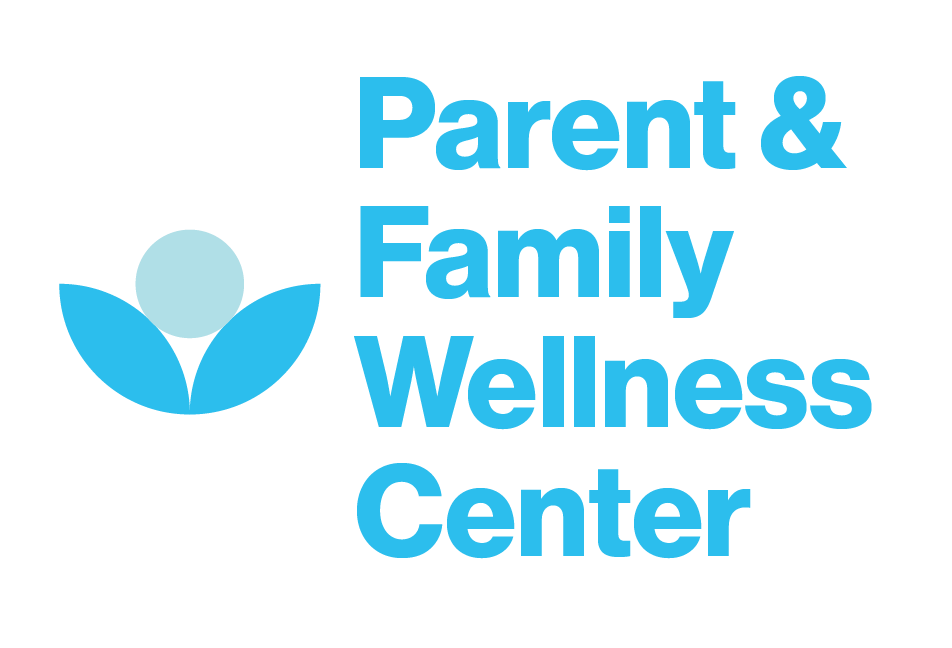A Non- Pharmaceutical Prescription for Symptoms of Postpartum Depression and Anxiety.
Although it would be hugely reassuring if we could pin-point one, specific, cause of perinatal mood and anxiety disorders like PPD, experts in the field have not yet been able to be absolutely sure what causes these issues. Actually, what we have found in all of the research and observation is that there are many factors that need to be taken into consideration when we try to assess what it is that is causing a mom to suffer. These factors include:
- Major hormone shifts that occur during pregnancy and childbirth likely affect brain chemistry
- Physiological stressors associated with new parenting (like sleep deprivation and nutrient depletion) affect brain function
- “Negative thoughts” (including all or nothing thinking, should statements, perfectionist thinking, and catastrophic thoughts) impact emotion
- The major life transition that occurs when becoming a parent requires identity shifting that feels overwhelming
- Environmental factors surrounding birth (like relationship conflicts, financial struggles, sick newborns, older siblings, traumatic birth and other major losses and gains) impact emotional stability
- Lacking or inadequate social networks impact feelings of wellbeing
Much has been written on this blog about treatment and support options for moms who struggle with PMADS including the often-important role of medicine that helps support healthy brain functioning. But today I would like to focus on what I will call a “non-pharmaceutical prescription for mental health.” Please understand before reading any further that the discussion below does not suggest that these considerations be used as an alternative to medicine- in many cases when symptoms are moderate to severe medication support is an imperative piece of the treatment picture. However, sometimes we forget that there are other important tools for impacting brain health that are often overlooked it we aren’t careful. We may actually have more control over our brains’ physiological response to stress than we think.
Each mom in my office walks away from her first or second session with a non-pharmaceutical prescription. There has been much research that discussed the impact that the following has on brain health and emotional wellbeing.
- Sleep. It’s imperative for brain functioning, no? One study published in 2009 in the Archives of Women Mental Health (Goyal et al.) suggested that women who got less that 4 hours of uninterrupted sleep at night were more likely to develop symptoms of PPD than those who achieved this. Without adequate sleep, our brains cannot function as we need them to, and we are likely to feel less rational and more reactive to stress around us. So, the baseline that I give the moms in my office is at least 4 hours of uninterrupted sleep (ideally more than that) a night as a part of this prescription.
- Nutrition. Serotonin, the neurotransmitter responsible for emotional wellness, is not free forming in our bodies- meaning that we need to ingest its building blocks in order for it to be produced. The building blocks of serotonin come from amino acids, specifically tryptophan, which can be increased in the brain by eating certain foods and nutrients. This is a much more complicated process than I am able to write about here, but the reality is that eating protein-rich foods that contain tryptophan (meat, chicken, dairy, nuts, and fowl) along with carbohydrate-dense foods allows non-serotonin forming amino acids to be absorbed in the body and tryptophan to be absorbed in the brain. Therefore providing the brain with what it needs to produce serotonin. Make sense? Adequate supplies of B6 are also thought to help the process of tryptophan conversion to serotonin. So, eat up.
- Water. There has been a fair amount of evidence that dehydration can cause anxiety as our brains need water to thrive (doesn’t everything??). Many, many new moms are dehydrated, especially if they are breast-feeding. Fill that water bottle.
- Exercise. Again, research is overwhelmingly in favor of exercise as both a prevention and treatment for symptoms of depression and anxiety. Of course, during pregnancy and early postpartum, exercise may look more like “movement” than actually running or working out at the gym. But there is no doubt that exercising aids in the release of endorphins that play a role in feelings of wellness, reduces the stress hormone cortisol, and assists in important basic need function such as sleep and appropriate appetite.
- Breath. Sometimes we forget that our brains need oxygen to thrive. When we are feeling anxious, overwhelmed, scared, or distressed, we are usually taking shorter-length chest breaths and are, in doing so, reducing the amount of oxygen to our brains. Deep, long belly breaths (also known as diaphragmatic breathing) can literally change our body’s physiological reaction to a stressful situation by encouraging the brain to relax and slow down. Practicing your ability to breathe fully on a daily basis can make this tool more accessible when needed most.
So, Mamas, if you aren’t already, you may want to consider which of the above 5 things are missing for you. Sometimes, women will find that by paying attention to this “prescription” they notice subtle changes in mood that lead to a relief of symptoms of depression and anxiety.
